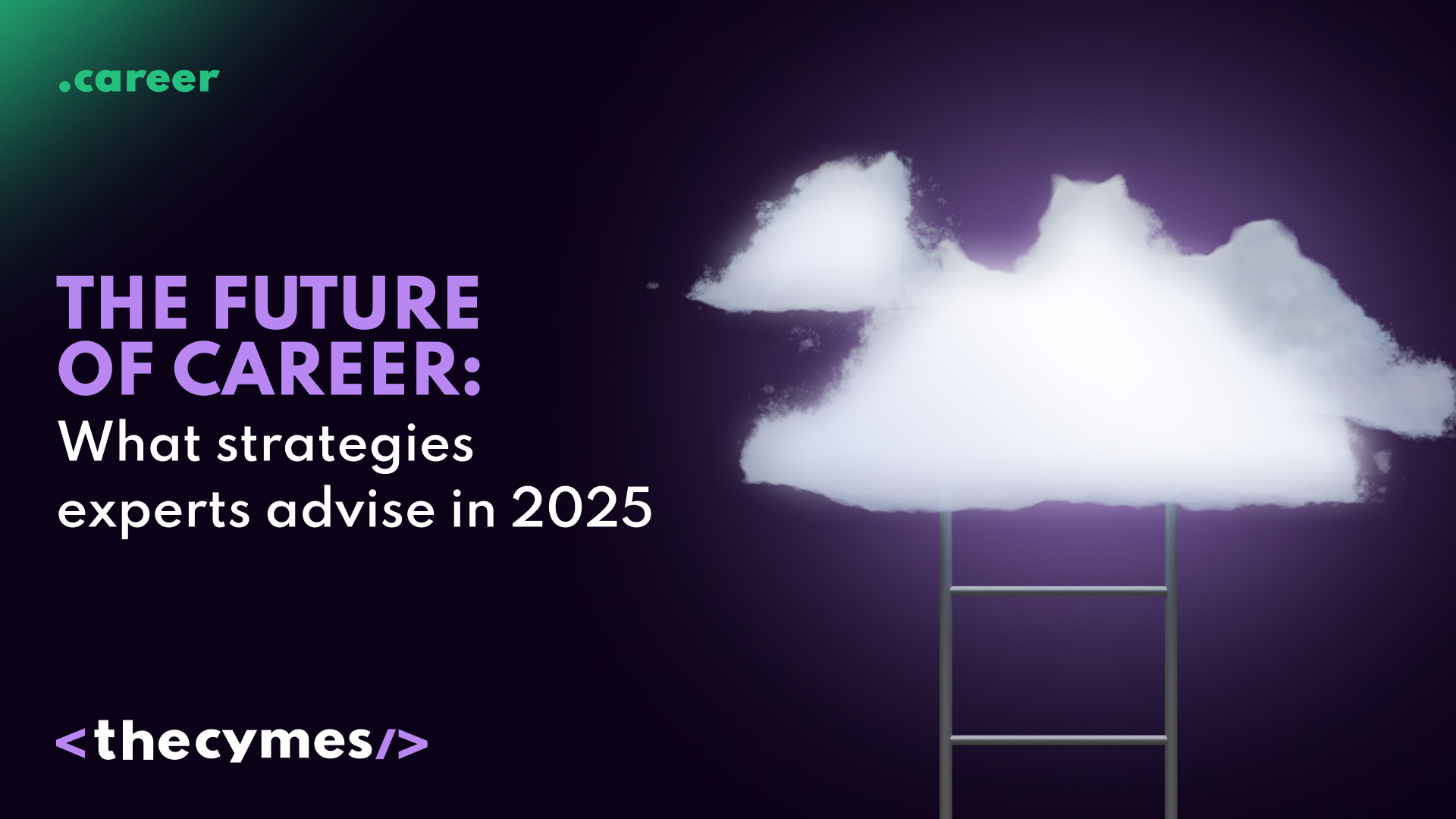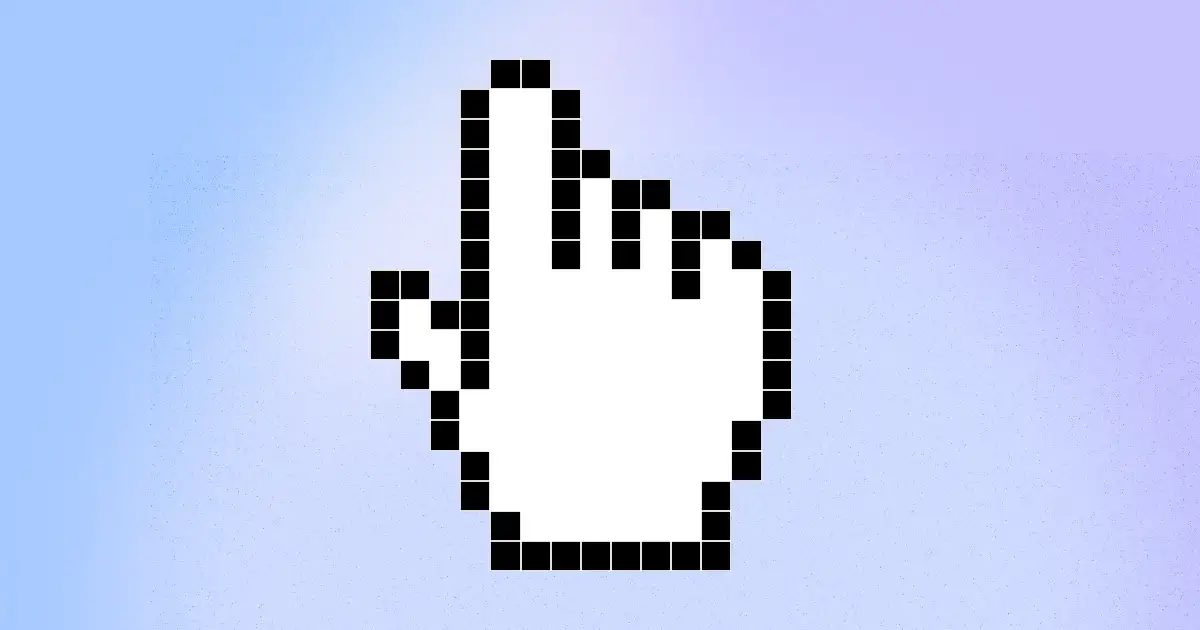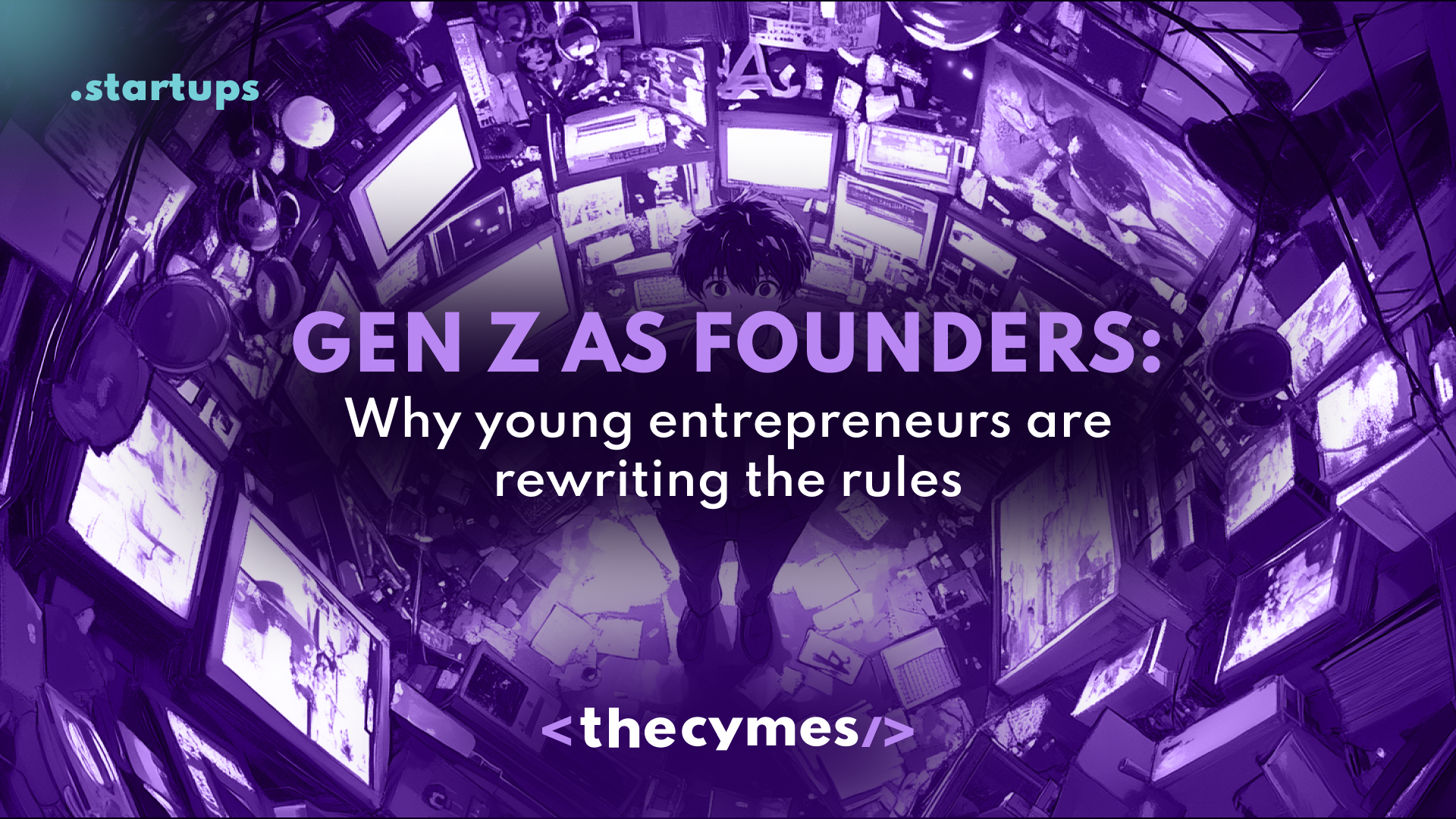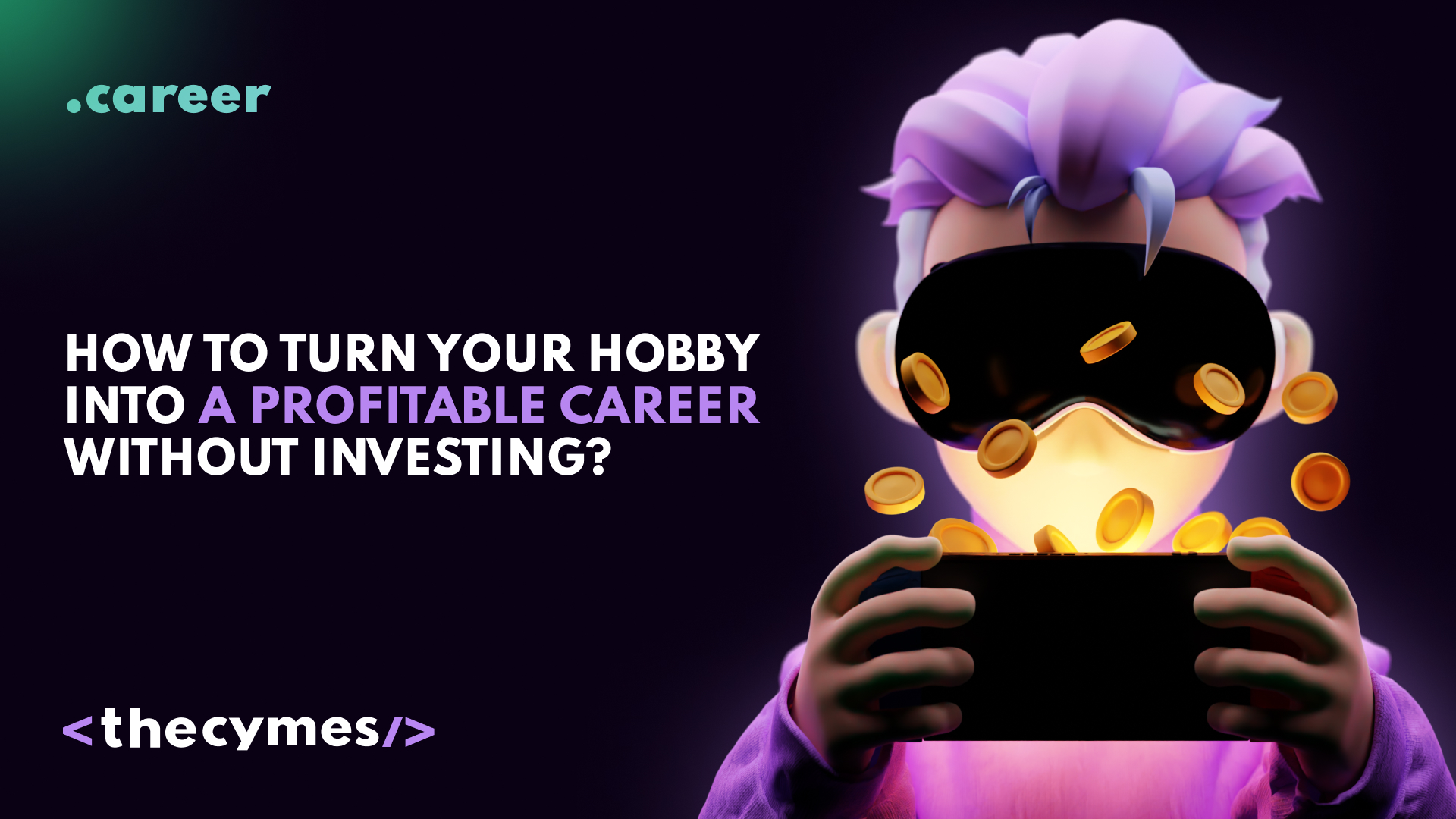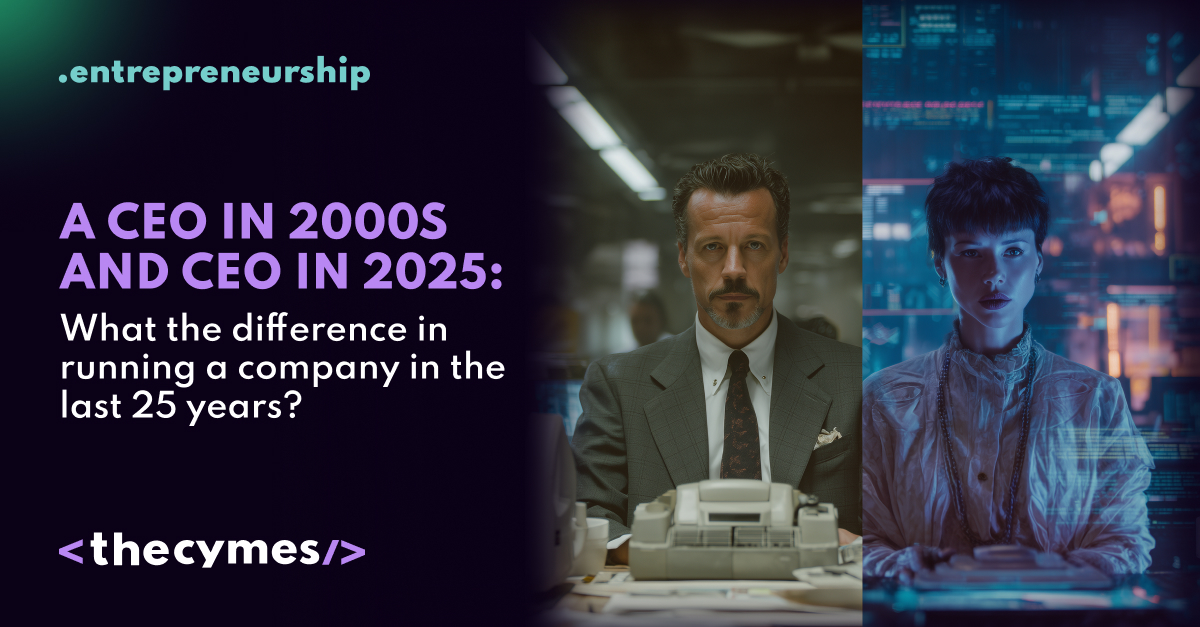.entrepreneurship17 April 10:56
0<
The future of career: What strategies experts advise in 2025
/>Explore the top career strategies for 2025 in a world shaped by AI, skill-based hiring, and hybrid work. Learn how to build a future-proof, fulfilling career—on your own terms. be updated on the latest tech newsGet exclusive news updates and overview on tech market
